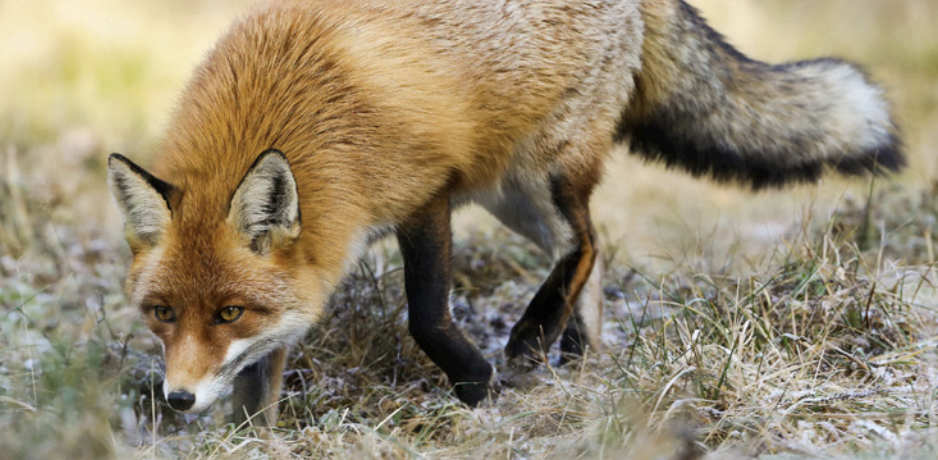

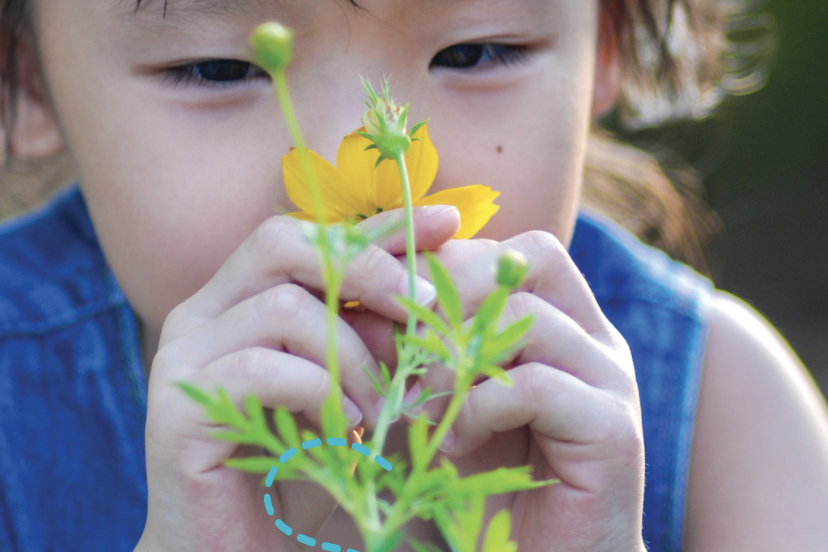
Unplug… And Plug Into Nature
Sometimes we think that life is more complete when we’re “plugged in”. Our smart phones, tablets and computers help us to discover the world in new ways. We can connect to friends overseas; we can search out tidbits of information in fractions of a second. At the same...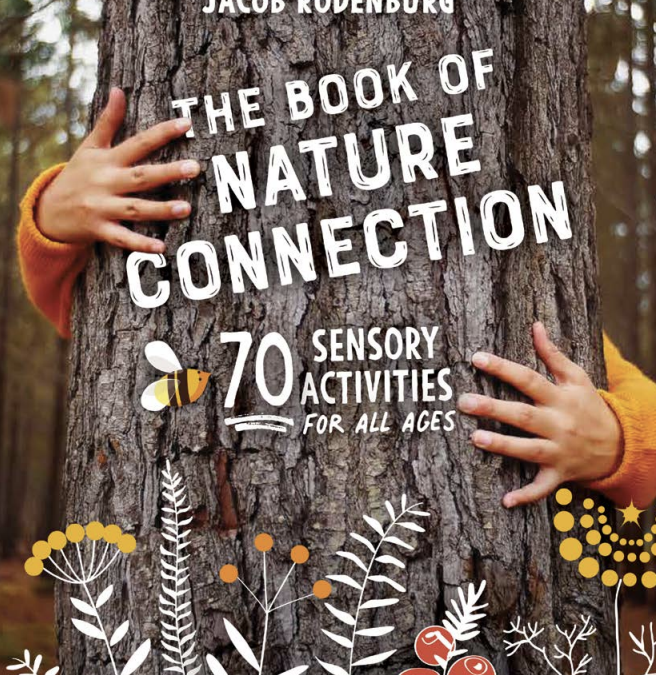
Your Better Sense of Nature
This is part of a series of articles based on Jacob’s new book called The Book of Nature Connection – 70 Sensory Activities for all Ages, published by New Society Press and released on April 18th, 2022. Nature is calling… Our environment is a delightfully textured...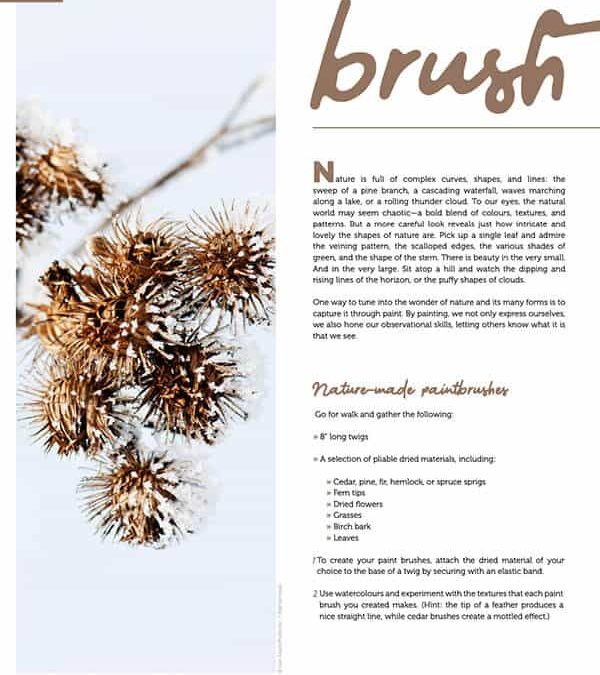
Brush With Nature
One way to tune into the wonder of nature and its many forms is to capture it through paint. By painting, we not only express ourselves, we also hone our observational skills, letting others know what it is that we see.
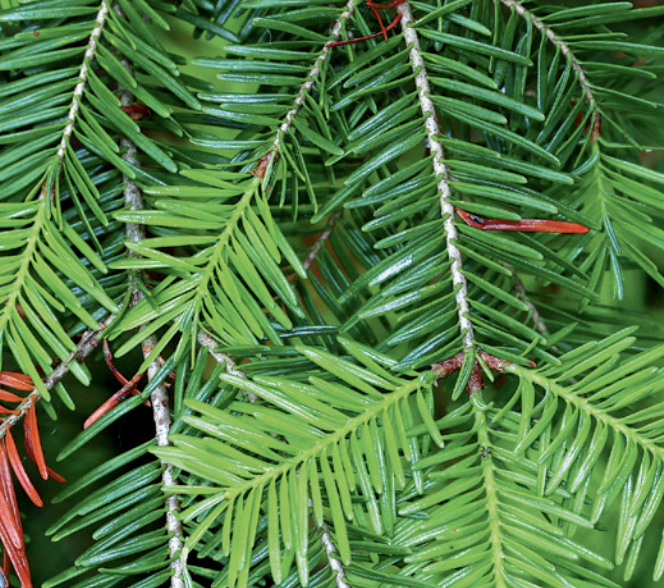
All About Balsam
Also known as the blister tree, balsam firs are identified by their flat, shiny green needles that have two white stripes underneath and by their unique “blistered” bark, which are actually tiny pockets full of sticky balsam fir resin! Afraid of the Water? You may be...